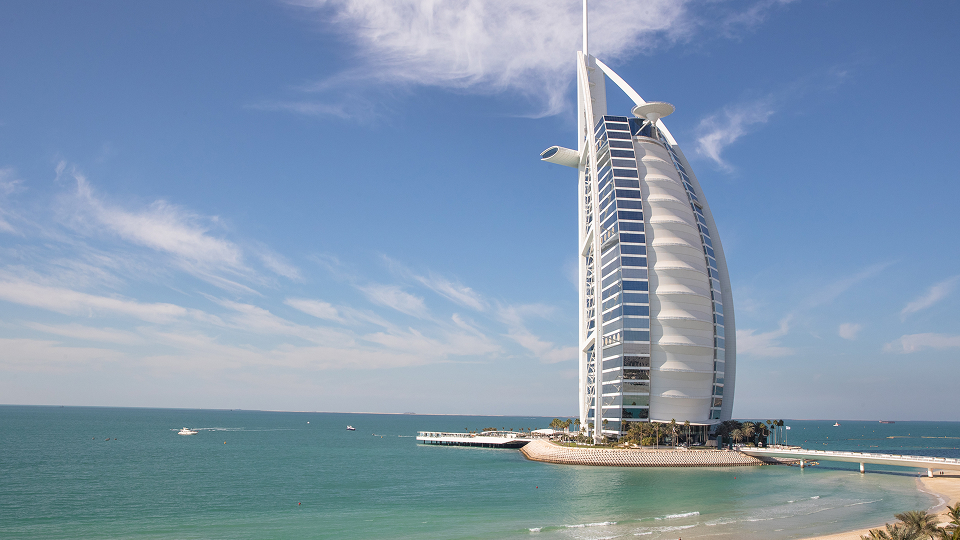
Across the country, the total hotel inventory will rise from 213,928 rooms today to 235,674 by 2030. Most of this expansion is concentrated in the high-end segment, underscoring the UAE’s position as a global luxury destination. Currently, 26 per cent of rooms are classified as upscale, 22 per cent as luxury, and 21 per cent as upper upscale.
Each new hotel is expected to boost employment, with luxury rooms creating an average of 1.5 jobs per key – spanning roles from housekeeping and F&B to spa and concierge services. This surge in openings is driven by record tourism figures, with Dubai alone forecasting 22 million visitors by the end of 2025.
Analysts note that while development remains strong, investor focus is gradually shifting from construction-led growth to strategic acquisitions and asset repositioning. 'The UAE’s hospitality market is maturing, with investor attention moving towards long-term value through operational excellence and brand partnerships,' said Faisal Durrani, Partner and Head of Research for MENA at Knight Frank.
Beyond Dubai, Abu Dhabi and Ras Al Khaimah are emerging as key complementary destinations, offering diverse opportunities in leisure tourism and mixed-use hospitality projects. As the sector evolves, the UAE continues to strengthen its position as one of the world’s most resilient and attractive markets for hospitality investment.

.png)
.png)
.png)
.png)
